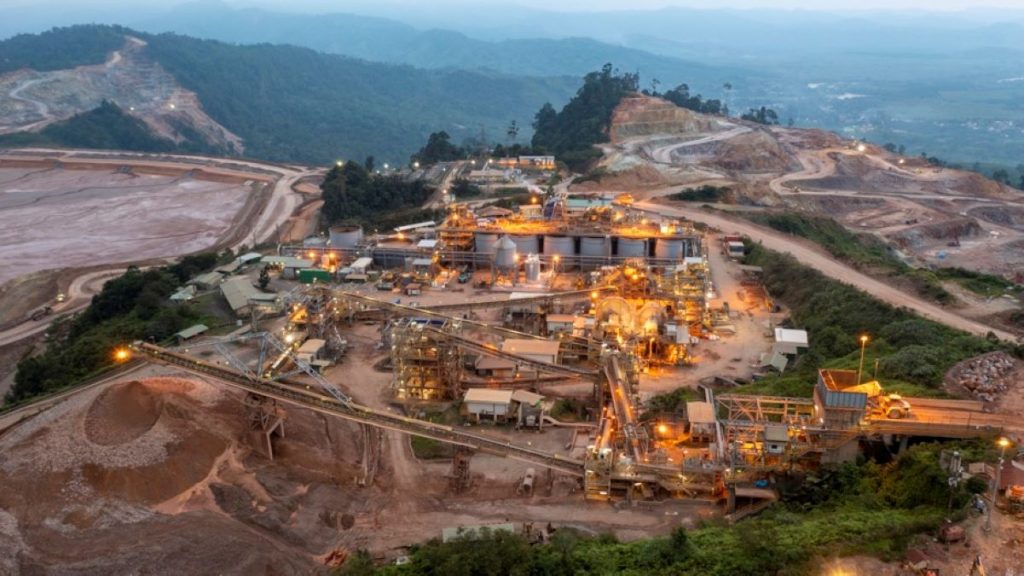Mali’s strategic shift: Arrest of resolute mining CEO signals tensions over natural resources

Terry Holohan, the CEO of Australian mining giant Resolute Mining Ltd., was arrested in Bamako, Mali, on November 9, 2024.
This arrest, along with the detention of other senior company officials, has raised significant concerns over the future of foreign mining operations in the country.
Holohan, along with executives from Resolute Mining, was apprehended at a hotel in the Malian capital and taken to a specialized unit for questioning related to alleged “economic and financial crimes.”
The nature of the investigation, centered around corruption and economic offenses, follows similar actions taken earlier this year, when four employees of Barrick Gold Corp. were also detained.
These arrests signal a deeper push by the Malian government to exert greater control over the country’s valuable natural resources, a stance that aligns with the broader nationalistic shift in the country’s foreign policy since the 2020 coup.
Resolute Mining, which operates the Syama gold mine, located 300 kilometers southeast of Bamako, has strongly denied the accusations against it.
However, the company’s leadership now faces growing uncertainty, with concerns that these developments could jeopardize the mine’s future operations.
The Syama mine plays a pivotal role in Resolute’s strategy for global expansion, making the situation all the more critical for the company.
The arrest is not an isolated incident but rather part of a broader trend of increasing scrutiny of foreign firms, particularly those in the resource sector.
Under the leadership of the transitional government, Mali has become increasingly critical of foreign companies exploiting its natural resources, signaling a potential move towards partial nationalization or the revision of existing concession contracts.
This shift in Mali’s approach is set against the backdrop of a growing alliance with Russia, as the country distances itself from Western partnerships.
Analysts suggest that Mali’s new geopolitical orientation could offer political and military support for the current regime while enabling the country to sidestep international pressures to maintain an open economy and attract foreign investment.
As Resolute Mining navigates this evolving landscape, it faces the possibility of having to renegotiate its contracts in Mali, which could affect the profitability of its operations at Syama.
More severe scenarios could include restrictions on fund transfers or even the nationalization of its assets, leading to substantial financial losses.
The arrest of Holohan and the broader tensions surrounding Resolute Mining’s operations highlight the growing risks for foreign businesses in Mali as the country tightens its grip on its resource wealth and redefines its international alliances.
About The Author
dailymailafric
I am an avid African news observer, and an active member of Daily Mail Africa.
I’m Passionate about staying informed on diverse topics across the continent,
I actively contribute to publishing on political, economic and cultural developments in Africa.



